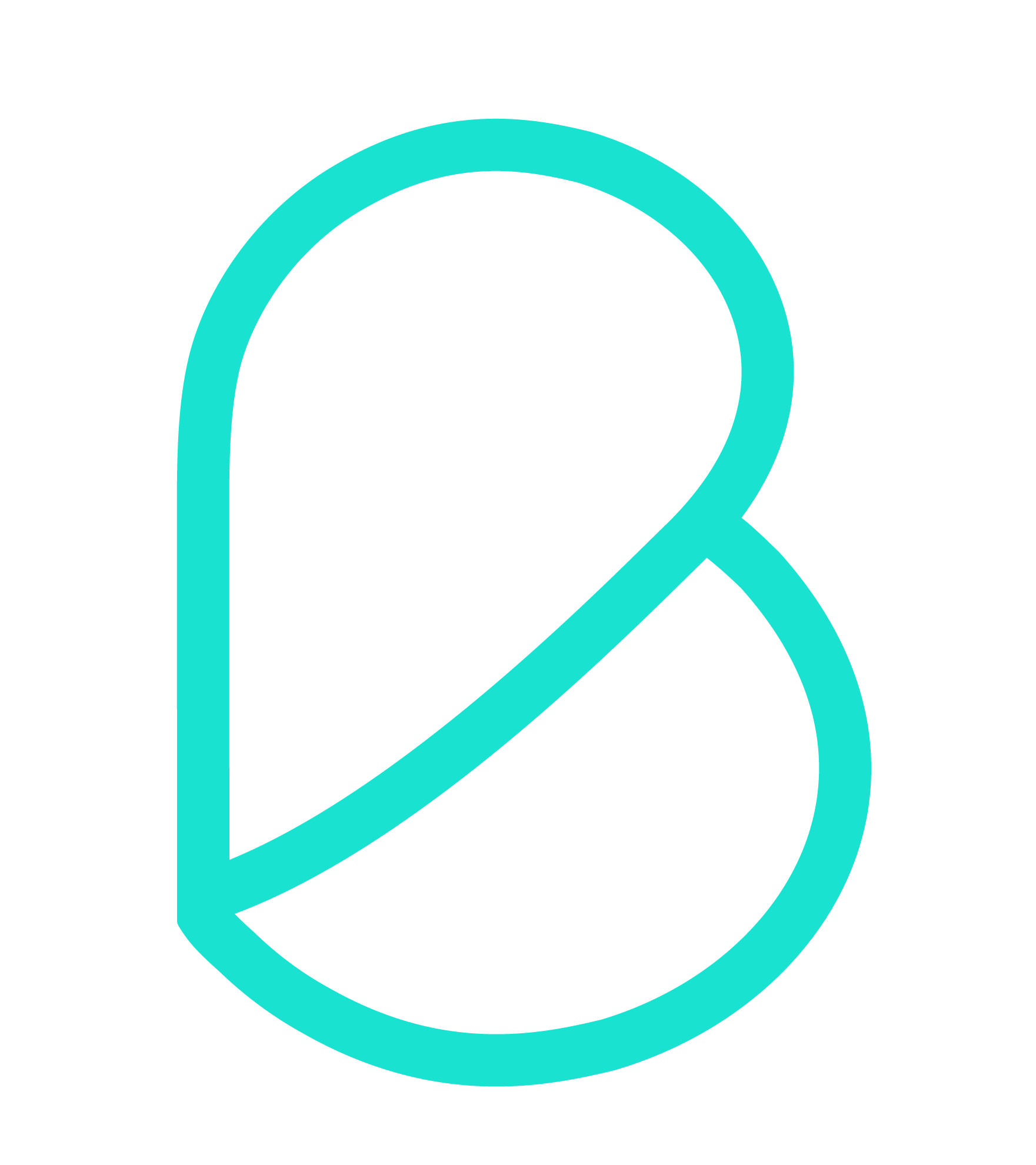How to Convert Therapy Inquiries into Booked Appointments: A Guide for Mental Health Practitioners
February 17, 2025 • Written by: Breksey
Picture this: It's Friday at 5pm, and you've just received three potential client inquiries in your inbox. You're excited about growing your practice but you've been in back to back sessions all day and are so ready to log off for the evening. You've also noticed your client inquiries aren't converting to new appointments as frequently as they used to. You've been weighing whether you're ready to hire another therapist to grow your practice. Now you're stressed about whether you'll be able to keep her calendar full too. And will you ever get another weekend off?
Why Potential Therapy Clients Don't Book (And How to Change That)
Sarah, a therapist in private practice, used to lose potential clients regularly until she discovered a crucial truth: the initial response window is everything. "I was taking 2-3 days to respond to inquiries," she shares. "By the time I got back to them, they'd already found someone else."
The Golden Hour Response Strategy
Respond immediately, as frequently as you can, if you're looking to grow your practice. You may need to hire someone to help with this or find a system that can automate the work. While you want to be fast you still need to be thoughtful and high quality. Each response should be personal, showing you've read and understood their concerns. A potential client recently told me, "I chose my therapist because she was the only one who actually addressed my specific situation in her response."
Making the Booking Process Effortless
Transform your inquiry process with these proven steps:
- Offer specific time slots instead of asking "when are you free?"
- Use a simple online scheduling system (gcal appointments work great for consultations)
- Send clear confirmation emails with location/video link details
- Provide upfront information about fees and insurance
Mastering the Consultation Call: A Game-Changer
Think of your consultation call as a first date for your therapeutic relationship. Keep it focused but warm. Listen more than you talk.
Be transparent about:
- Your standard rates
- Insurance policies
- Sliding scale options (if you offer them)
- Payment methods
The Follow-Up Formula That Works
Here's what worked for Jake, a CBT specialist: "I created a simple follow-up system that felt authentic, not pushy. My conversion rate increased by 40%."
If someone doesn't book right away:
- Send one follow-up after 2-3 days
- Share a helpful resource related to their concerns
- Keep the door open for future contact
Measuring Success: The Numbers That Matter
Track these key metrics:
- Response time to initial inquiries
- Conversion rate from inquiry to booking
- Most effective contact methods
- Common concerns that prevent booking
Remember: Not every inquiry will become a client, and that's okay. Focus on being responsive, clear, and professional. The right clients will appreciate your approach and book.
Your Next Steps
Ready to transform your practice? Start by implementing these strategies one at a time. Begin with the most critical: your response time. Then gradually incorporate the other elements. Within a month, you'll likely see a significant improvement in your booking rate.
FAQs About Converting Therapy Inquiries
How quickly should I really respond to inquiries? Aim for within 1 hour during business hours. Data shows that response times under 1 hours have a 80% higher conversion rate.
What should I include in my first response? Include a personal reference to their inquiry, your availability, fees, and a clear call to action (like scheduling a consultation call).
How many follow-ups should I send? Two or three maximum. You want to balance encouragement with not overwhelming the person. You can also play with following up over email, text message, and/or phone call. Text messages and phone calls often have higher conversion rates than email.

